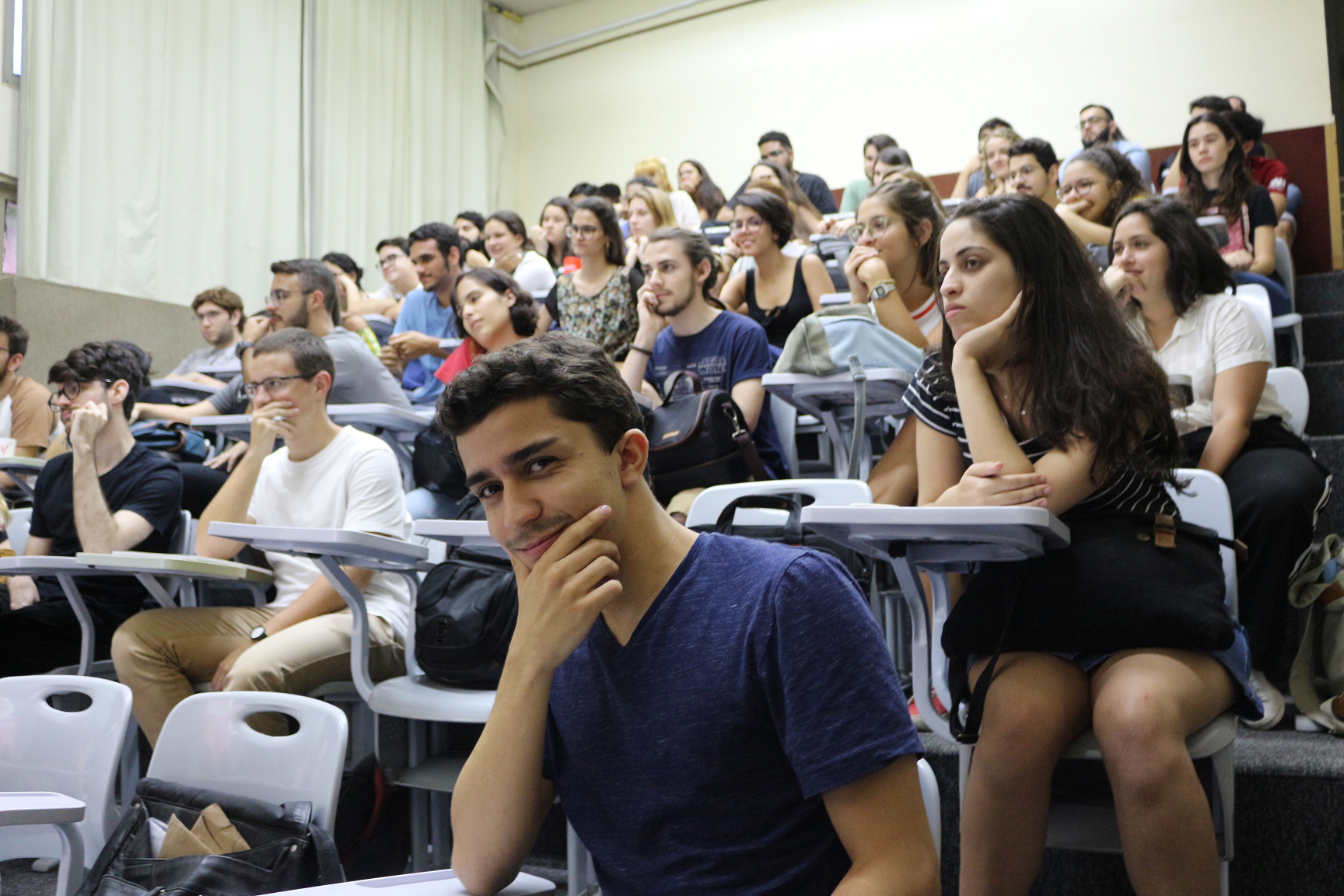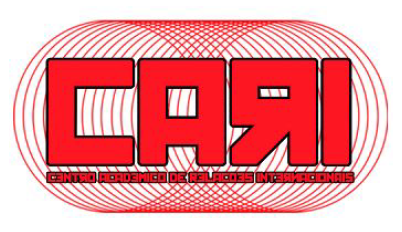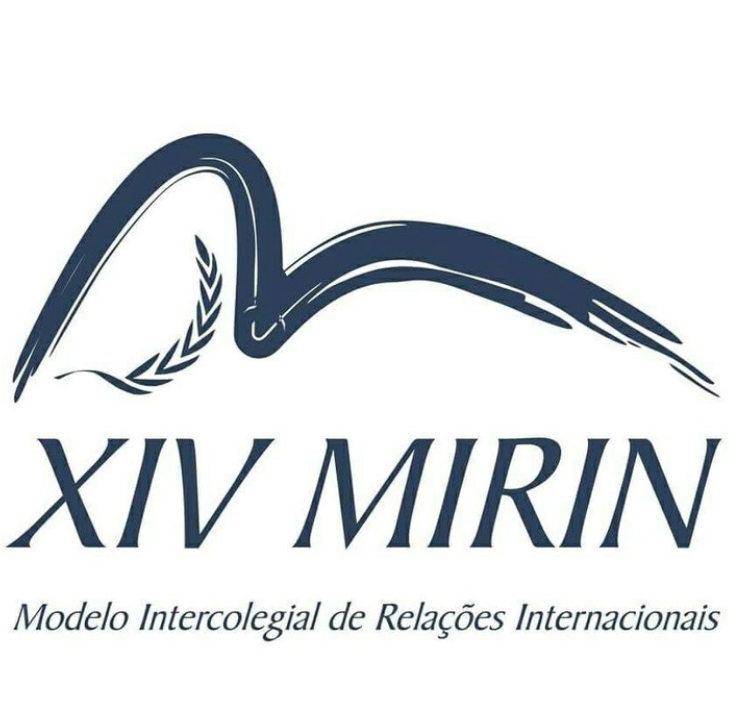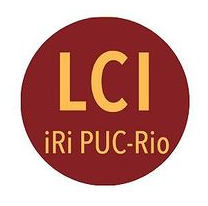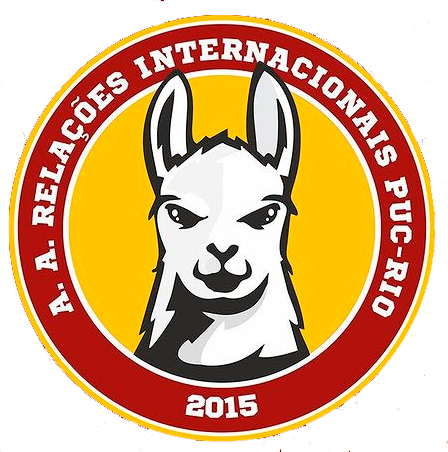The undergraduate course in International Relations (IR) at PUC-Rio was created in 2003 and reflects an experience accumulated by the institute since its creation in 1979. The course’s pedagogical project combines three dimensions:
- The articulation between theory, methodology and professional practice, offering each student a consistent broad and theoretical education whilst, at the same time, the ability to identify and put forward solutions to problems in contemporary International Relations.
- Curricular flexibility: our IR curriculum concentrates a large portion of its workload on elective courses or courses with variable content, allowing each student to focus their training on their specific areas of interest. Courses are organized into six groups:
- Area Studies: Courses focused on the study of different regions of the International System.
- Topics of International Relations: Courses focused on various topics on the international agenda such as: security, development, trade, human rights, the environment, humanitarian aid, etc.
- Advanced Studies: in-depth analysis of contemporary IR issues.
- Professional Practice: development of specific skills and competences for the practice of international relations.
- Wide-ranging Electives: Courses freely chosen by each student, among all courses offered by PUC-Rio’s various undergraduate degrees.
- International Relations Seminars: Conferences, lectures, workshops, and minicourses with topics and debates relevant to contemporary International Relations not covered by the curriculum.
- Diverse areas of specialization for professional practice in the field of IR: Each students can choose the areas of specialization in which they wish to focus their Professional Practice elective courses and develop their undergraduate dissertation. Our undergraduate programme has the following axes:
- International Cooperation and Development;
- International Trade;
- International Conflicts;
- Scientific Research.
- What are Complementary Activities?
Complementary Activities are skills, knowledge, and competencies acquired through extracurricular activities. Such activities allow for the deepening and enhancement of the student’s academic training and can be carried out inside or outside the Institute of International Relations of the Pontifical Catholic University of Rio de Janeiro (IRI/PUC-Rio). All newcomers to the International Relations undergraduate course must complete 150 hours (equivalent to 10 credits) of Complementary Activities.
- What constitutes a Complementary Activity?
2.1 Teaching and scientific initiation activities, such as activities carried out in community projects (for example: university pre-entrance preparatory courses) and/or other similar teaching initiatives; Undergraduate Teaching Assistance at PUC-Rio; scientific initiation project (PIBIC) organized by professors from IRI/PUC-Rio; teaching and research tutoring program (TEPP) at PUC-Rio; and IRI/PUC-Rio’s Tutorial Education Program (PET). Also included in this category are study and/or reading groups supervised by professors from IRI/PUC-Rio or from other higher and secondary education institutions. Activities in this category cannot exceed 120 hours.
2.2 Congresses, seminars, lectures and conferences of scientific relevance organized by IRI/PUC-Rio or any teaching, research and extension institution. This category allows a maximum length of 60 hours.
2.3 Book, book chapter or journal article publications (with or without reference standards). Likewise, this category of complementary activities includes the presentation of works at scientific events. It is possible to fulfil a maximum of 120 hours in this category.
2.4 Complementary professional experience, such as non-curricular internships and participation in social projects in the field of international relations or related areas. Internships cannot exceed 90 hours and social projects 60 hours.
2.5 Extension activities, such as taking language courses, extension courses in the area of international relations or related domains, participation as a director or volunteer in IRI/PUC-Rio’s model United Nations – the Intercollegiate Model of International Relations (MIRIN) – and other diplomatic simulations, as well as participation in student representation. Extension activities cannot exceed 60 hours.
Note: cases not described above will be weighed by the course coordinators, responsible for academic control of the fulfilment of credits related to complementary activities and for the evaluation of the documentation required for the validation of such activities.
- What is the workload assigned to each Complementary Activity described in the previous topic?
3.1 Teaching and scientific initiation activities
- Teaching activities, 30 hours per year completed, not exceeding 120 hours.
- Undergraduate Teaching Assistance, 30 hours per semester completed, not exceeding 120 hours.
iii. PIBIC, 40 hours per year completed, not exceeding 120 hours.
- PET/TEPP, 40 hours per year completed, not exceeding 120 hours.
- Study and Reading Groups with Faculty Supervision, 40 hours per year, not exceeding 120 hours.
3.2 Publications
- Article (one author, accepted and published): 30 hours, not exceeding 120 hours.
- Article (two authors, accepted and published): 25 hours, not exceeding 120 hours.
iii. Article (three authors, accepted and published): 20 hours, not exceeding 120 hours.
- Article written by more than three people (accepted and published): 15 hours, not exceeding 120 hours.
- Presentation at events: 10 hours, not exceeding 120 hours.
- Organizing events: 20 hours, not exceeding 120 hours.
3.3 Complementary professional experience
- Internship in the area of International Relations: 90 hours, not exceeding this limit.
- Social projects (except teaching activities): 60 hours, not exceeding this limit.
3.4 Extension activities
- Language and extracurricular courses: up to 60 hours, not exceeding this limit.
- Participation in diplomatic simulations (as directors and coordinators): 40 hours, not exceeding 60 hours.
iii. Participation in diplomatic simulations (as volunteer staff): 30 hours, not exceeding 60 hours.
- Participation in a student representation position: 20 hours, not exceeding 60 hours.
- Which activities do not fall into the Complementary Activities category?
Among the activities that are not characterized as complementary activities, we can list the following examples: participation in one of IRI/PUC-Rio’s International Relations Seminars*, as this is a mandatory activity for the student body; participation as an athlete in sports competitions; participation in students’ unions or otbher student representation entities at PUC-Rio, such as the Centro Acadêmico de Relações Internacionais (CARI), and the Diretório Central de Estudantes (DCE), collectives and athletic associations; voluntary participation in state and national elections; visits to artistic and cultural exhibitions; blood donation; convocação para atos jurídicos and any other activity described in topic 2 that has no direct relation to the area of International Relations.
- Unless the student has already completed all the Seminar subjects. In this case, the Seminar can be validated as a Complementary Activity.
- How to register a Complementary Activity?
Access PUC Online by clicking here. Insert a brief yet clear description of the Complementary Activity. After approval by the Undergraduate Coordination, attach the required documentation, containing: i) your name; ii) location of the activity; iii) period of occurrence; iv) total workload; and v) signature of the person responsible for the validity of the information at the institution that issued the documentation. According to the Vice-Dean’s Office for Academic Affairs’ guidelines, all extracurricular activities carried out outside IRI/PUC-Rio must be duly certified through an official document, certified by a legal representative.
- Once the Complementary Activity is authorized, how much time do I have to send the documents?
After the Complementary Activity is approved, the student has 1 (one) month to send the documentation. The activities described in topic 2 can only be registered after their completion.
- How soon will the activity be validated?
The average approval time will not exceed one month.
- I am about to complete my undergraduate degree. Until when can I register a complementary activity?
The deadline for registering complementary activities ends on the last day of the academic activities of the semester in question.
